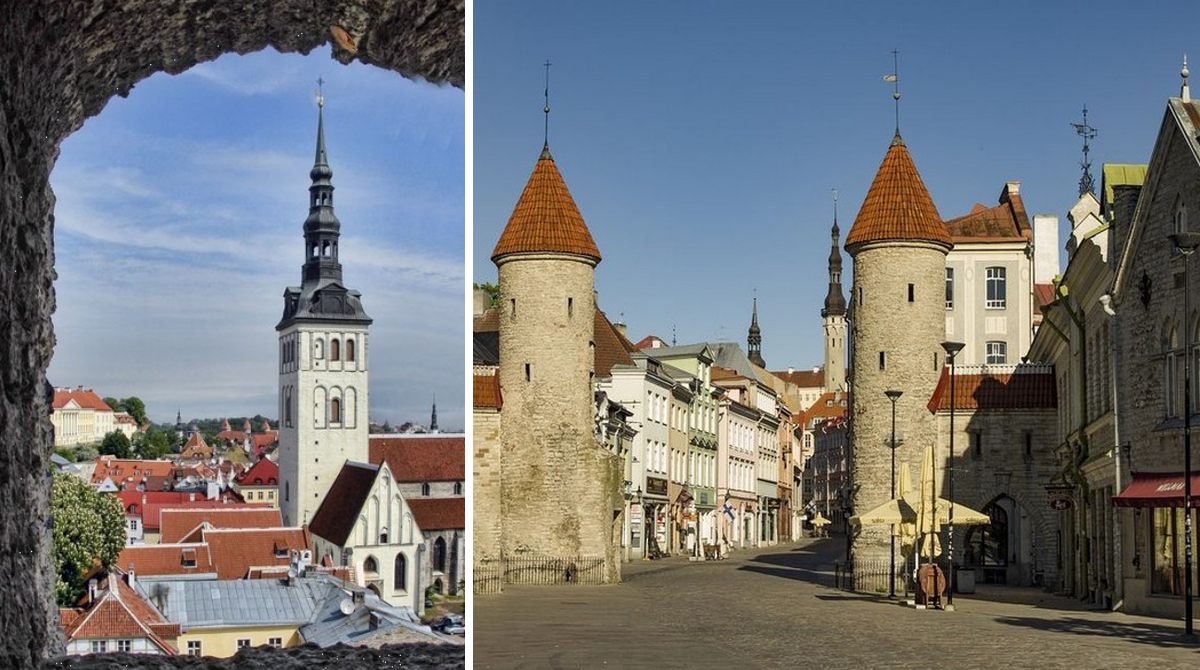Last year, Estonian tourist sites accommodated more than two million travelers – a record number for the country’s postcoloid period and 8% more than in 2020. This is a paradoxical situation: the number of domestic tourists increased, and the number of foreign tourists fell in 1997. Such data were provided by the Statistical Office of Estonia.
However, the number of tourists who visited Estonia in 2021 remains 44 percent lower than before the pandemic in 2019.
Although the number of foreign tourists was not as high as in the days when there were no restrictions on COVID-19, the number of domestic tourists increased significantly, indicating that Estonians preferred to travel within the country rather than travel abroad.
Commenting on data collected last year, Estonian Statistical Office analyst Helga Laurmaa said that 1.6 million domestic tourists and only about 600,000 foreign tourists stayed in Estonia last year. This means that the number of domestic tourists increased by 22% compared to 2020 and by 3% compared to 2019. And the number of foreign tourists was 17% lower than in 2020, which is much lower than the pre-crisis level. “Accommodation has never served so many domestic tourists a year, and the number of foreign tourists can be compared with 1997,” – said the expert.
The data also showed that domestic tourists spent 2.7 million nights in hotels, and foreign – 1.3 million nights, which is 9 percent less than in 2020. Most foreign travelers came from neighboring countries: Finland (144,000) and Latvia (89,000). In addition, 42,000 travelers came from Germany, and 29,000 tourists – from Lithuania and Russia. Both local and foreign tourists mostly stayed in Harju province, followed by the districts of Pärnu, Tartu and Ida-Virumaa. In 2021, the average cost of a guest’s night was 34 euros (1,100 hryvnias), which is 6% more than a year earlier.
Earlier, the authorities of the northern European country announced that from February 14 the country will abolish the requirement for a vaccination certificate for all activities. This means that the country can register positive trends in its travel and tourism sector, as travelers and citizens will no longer be subject to severe anti-pollution restrictions when traveling in Estonia.

